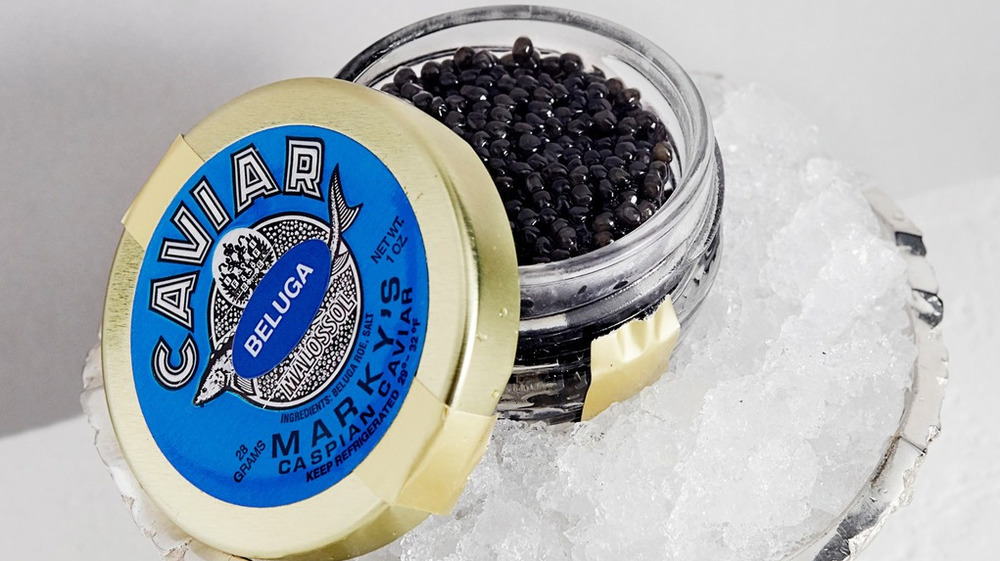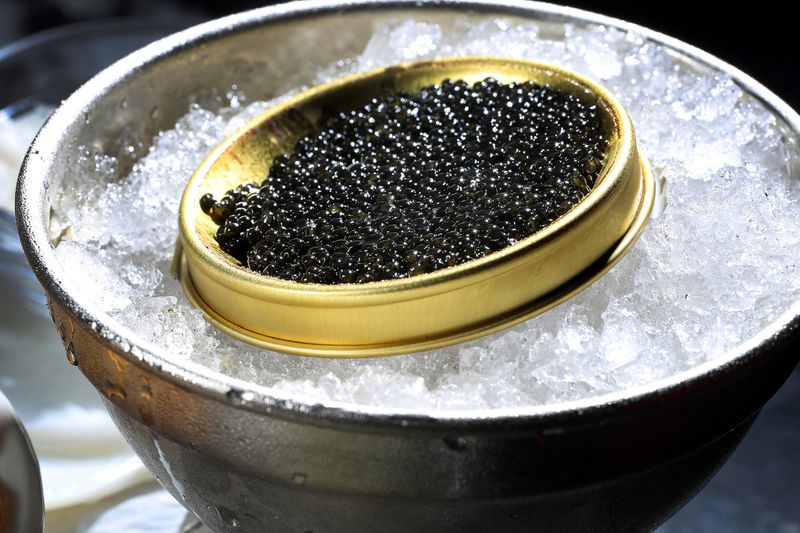Albacore Tuna’s Health Benefits
Albacore tuna is widely known for it’s health benefits and for the important nutritional value it can serve in our diets.
Albacore is the only type of tuna that can be labeled as white meat tuna. Solid albacore refers to canned white tuna in which the fish remains in larger pieces. When the albacore is chopped into smaller pieces and canned, it’s called chunk white tuna. A 3-ounce serving of canned albacore tuna packed in water has 109 calories and 2.5 grams of total fat. When it’s canned in oil, the same portion has 158 calories and 6.9 grams of total fat. Albacore tuna has about the same amount of protein as meat and poultry, but when it’s packed in water, it has half the calories and one-fourth the total fat as the average amount in beef and chicken. A 3-ounce serving of albacore tuna supplies 20 to 23 grams of protein, or about 44 percent of women’s and 36 percent of men’s recommended dietary allowance.

Even though albacore tuna has less fat than meat and poultry, it’s a rich source of essential omega-3 fatty acids that lower your risk of heart disease. It contains the two types of omega-3 fatty acids — EPA and DHA — that lower triglycerides, slow the growth of atherosclerotic plaques and prevent arrhythmias. Researchers have recently discovered that tuna contains the mineral selenium in an unusual form called selenoneine. This form of selenium plays an important role in the health of the fish by serving as an antioxidant and protecting the fish’s red blood cells from free radical damage. Interestingly, it is also able to bind together with mercury compounds in the fish’s body (including methyl mercury, or MeHg) and lower their risk of mercury-related problems. More research is needed but this research is promising so far.
Our Serrats tuna products are delicious and healthy preserves that fully demonstrate the unique taste while also maintaining the tuna’s health benefits. Made with only the best Blue fish, it has high nutritional content that makes it an essential ingredient for a healthy, balanced diet. It is strongly recommended for all ages, though pregnant woman and small children should limit their weekly consumption of tuna.
- Source of proteins and vitamins (particularly A, B and D).
- Low calorie content.
- Rich in minerals like calcium, iodine, iron, potassium and phosphorus.
- Particularly remarkable for its linoleic and omega-3 content, which helps to reduce blood-cholesterol and triglyceride. Their consumption can also improve the symptoms of some diseases and prevent others, particularly cardiovascular.






